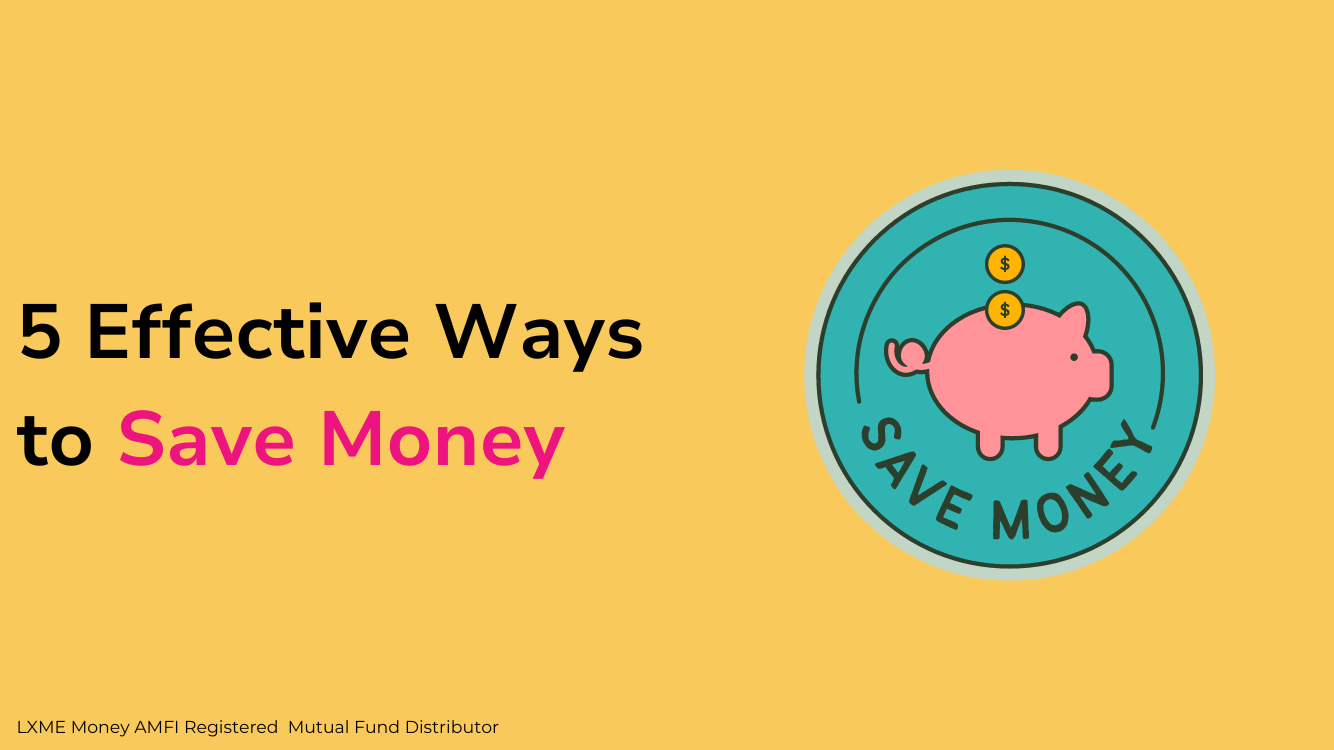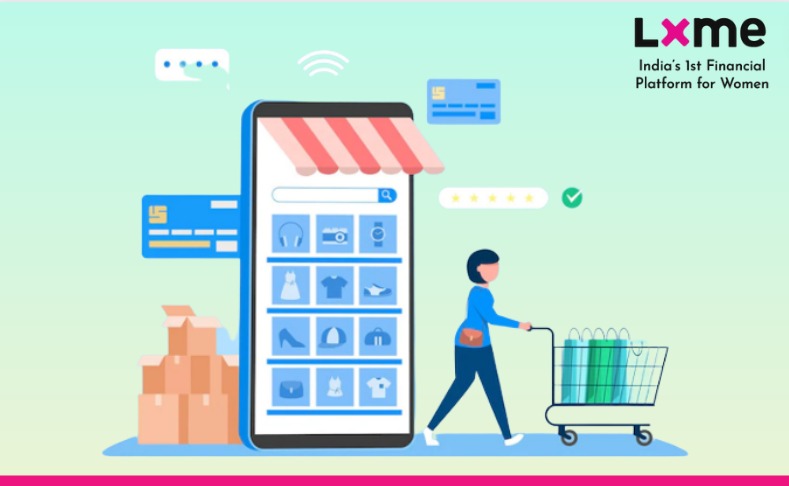Empower your shopping experience with our guide on the revolutionary trend of “Buy Now, Pay Later”. Dive into the intricacies of this modern financial solution , discovering how this convenient option is reshaping the way consumers approach purchases. Uncover the flexibility and ease it brings to managing budgets. Join us in a comprehensive exploration of the ‘buy now, pay later’ phenomenon, where we decode its benefits and considerations for savvy shoppers like you.
Tia wants to do online shopping, but she doesn’t have enough money. However, Tia came across the option called BNPL, which means Buy Now, Pay Later ✨
Sounds interesting, right?
Buy things now, without paying full money immediately. What exactly is Buy Now, Pay Later? And how does it work? Let’s discuss this in detail.
Buy Now, Pay Later (BNPL) is a sort of short-term financing that allows you to buy things now and pay for them later, generally without incurring interest. BNPL arrangements, sometimes known as “point of sale instalment loans,” are becoming a more popular payment alternative, especially with shopping online.
How does it work?
Buy Now, Pay Later services are provided by different companies. Although each company has its own set of terms and conditions, in general, BNPL works like this:
1. Make a purchase at a participating retailer (who provides a BNPL facility)
2. Opt for the BNPL option
3. If approved, pay a small amount, let’s say 25% of the purchase value.
4. Pay the remaining amount in interest-free instalments.
What if you missed payments?
– The lender will charge interest on the outstanding amount if the buyer does not pay within the specified payback window.
– Late payment fees may be imposed as well.
– If you do not use this facility carefully, you may find yourself in debt.
– Any late payments will be recorded to the credit agency, lowering the buyer’s credit score.
– This might raise the cost of future loans or, even worse, cause lenders to reject any new loan applications.
Pros
The following are some advantages of BNPL:
– Affordability is increased
– Credit is available immediately
– The transaction is safe and secure
– Option to select a payback period
– EMI at no cost
Cons
– Impulse spending
– Late payment fees
– Late payments can affect credit scores and decrease the ability to apply for loans in the future.
– Spending money you don’t have
So should you opt BNPL facility?
Evaluate all the pros and cons carefully before opting for the BNPL facility. As it might help you to buy things without making full payments. However, you need to make sure that you pay them off on time and use this facility wisely.
Do let us know in the comment section below, will you opt for the BNPL option?
Share this blog with your friends and family if you find it insightful!!
Download the LXME app now to start investing! Happy Investing!
FAQs Around Buy Now, Pay Later
What Does Buy Now, Pay Later Mean?
Deferred Payment: Buy now, pay later allows you to make a purchase and delay payment until a later date, providing flexibility in managing expenses.
Installment Options: Explore the LXME blog link to understand the various buy now, pay later plans, including installment options, making budgeting more convenient.
Is Buy Now, Pay Later Only Online?
Not Limited to Online: LXME’s expert insights reveal that buy now, pay later services extend beyond online transactions. Discover the versatility of this payment option in-store and online.
LXME Expertise: LXME’s blog sheds light on the broad applicability of buy now, pay later, helping you make informed choices for your purchasing preferences.
Dive into the details of buy now, pay later, and broaden your understanding of this payment method with LXME’s comprehensive guide.
To stay connected with LXME and access inspiring content, follow us on Instagram and subscribe to our YouTube channel.
New Investor? Request a Callback.
Fill in your details and we will guide you at every step
other blogs

Lifestyle Money Hacks October 21, 2024
10 Best Ways To Make Money From Your Phone
Reality check time! What’s your screen time? Is it…. More than 4 hours per day? Well, don’t feel bad, the average is 6 hours 40 minutes. Now that you spend so much time on the black cuboid in your hand, isn’t it time to monetize it? In today’s digital age, figuring out how to earn … 10 Best Ways To Make Money From Your Phone

Money Hacks October 16, 2024
5 Effective Ways to Save Money
As women, we juggle many responsibilities, be it family, work, or personal goals. But often, one thing that slips through the cracks is saving money for ourselves & our future goals. Whether you’re managing household expenses, saving for your next big goal, or simply trying to build an emergency fund, saving doesn’t have to be … 5 Effective Ways to Save Money
Lifestyle Money Hacks October 4, 2024
Financial Wisdom from Maa Durga’s 9 Avatars During Navratri
Navratri, the nine-night Hindu festival dedicated to the worship of Goddess Durga and her nine avatars, is a time of spiritual reflection, cultural immersion, and joyous celebrations. While it’s known for its vibrant dances and colorful festivities, Navratri also offers valuable life lessons, including insights into financial matters. In this blog, we will delve deeper … Financial Wisdom from Maa Durga’s 9 Avatars During Navratri









